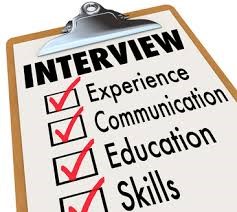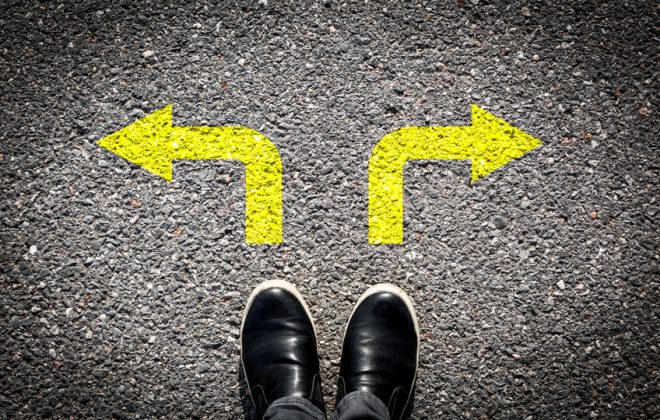Interviewing for an open position
Interviewing to fill an open position in your business is stressful for the candidate, but also for you. What should you ask? What are you allowed to ask? How do you find out the important things the candidate doesn’t want to talk about? What questions do you ask to find out if the person will fit in with your team?
I am sure there are excellent books and courses available to learn the do’s and don’ts, the techniques and best practices. But who, other than those studying HR, will actually buy and use them. We, small business owners, are most often just using our entrepreneurial common sense and through trial and error we gain experience.
Let me tell you how I do it, though I am not suggesting at all that I know what I am doing. I am mostly guided by my quirky sense of humor, my Dutch directness and the experience gained having done many interviews over the past twenty years.
What is essential to me in a successful interview is to make the candidate feel comfortable. Though skills and experience are important, the personality, the interactions with others and the communication skills often are the deciding factors for me.
So, I usually start in a very informal way, talking about the weather, the challenge of finding parking on our street or more often than not, about our dog Libby, who often comes to meet the new person.
I always start the formal interview with a brief description of what we do and why we are looking to hire. Together with one of our managers we will then start asking questions about the candidate’s resume, skills and experiences. Whenever we are hiring for the financial administration team, the candidate is asked to complete a basic accounting test prior to the actual interview.
I am trying to guide the candidate quickly through their most recent work experiences, their likes and dislikes, their successes and failures and specifically why they are looking for a new job. My listening skills aren’t the greatest, but when I hear something I have a question about, I interrupt immediately and ask for clarification.
I try to keep control over the interview and make sure I follow my agenda rather than the candidate’s. I will always ask unexpected questions, such as “What is your favorite reality show?”, “What makes you really angry?” or “What is your worst character trait?”. With those kind of questions, I am more interested in how they answer, rather than what they answer. By catching the candidate off guard, you might get a better sense of their personality and their ability to “think on their feet”.
I always finish the interview with asking the candidate if they have any questions and usually they do, some will actually come with a prepared list. I will also give them a sense of the next steps and how soon we will be making final decisions.
Immediately following the interview, I share notes with the person helping me conduct the interview and I listen carefully to what they thought about the candidate. More often than not, that is the moment we decide to do a second interview or not.
I ask other senior staff to join in a second interview and usually get some new insights the second time around. We follow up with calling references and I recently also started to add a scientific personality test to the process.
How successful have we been? So, So! It remains an unscientific process. We have been really lucky some times and we have had some spectacular failures. I often know in the first few minutes of the interview, if it is going to work or not. I pay a lot of attention to body language and to my intuition, but sometimes you just have to take a chance and hope for the best, as you do with any kind of relationship.
For this Education Moment I did not consult the internet at all. It’s all based on what I have learned and what I know, or what I think I know. So, it is now up to you to take a chance and either accept this education moment as the truth or spend time with the all-knowing internet and discover your own truth.
Thank you!









